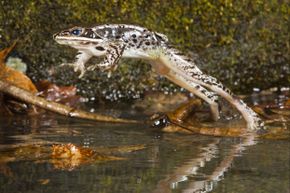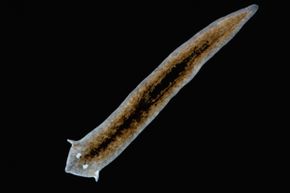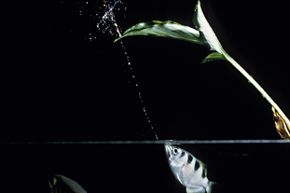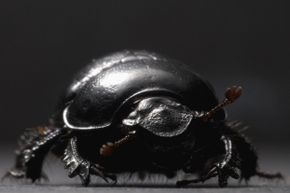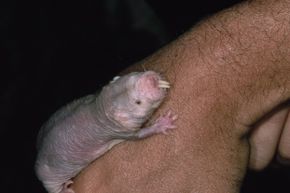Hairy frogs with Wolverine claws, naked mole rats that don't have to worry about cancer -- must be nice, you might think. Animals get all the cool breaks when it comes to super abilities. But hold up. We humans -- while maybe not Vertebrates of the Year -- deserve some recognition for our own superpowers. Some seemingly innocent friends, neighbors and colleagues might actually be superheroes in our midst.
Consider that water districts employ some people with extremely heightened senses of smell or taste to sample water for quality. Then there are those folks with such abnormally sensitive hearing, they might actually suffer from it: Hyperacusis might be terrific when you want to hear a spider skitter across the floor, but it sure isn't great when sounds are so amplified that normal levels of noise seem intolerable [source: Weiss]. And let's not forget our friends with synesthesia, a condition where people experience one sense in a couple different ways: for instance, you might feel a certain sound or musical note is blue, or associate letters or numbers with colors.
It gets better, though, for us mere mortals: Scientists now believe that our senses don't have to stay fixed. How about "tasting" images, for example? BrainPort is an investigational device that uses a camera to record a visual image. The visually impaired user puts a sensor in his or her mouth, where microelectrodes tickle the tongue in a pattern, translated from the digital electrical images of the camera. The user essentially learns to "see" and "read" objects in a room (as well as their movement, shape and size) like a Braille display on their tongue [source: Wicab].

